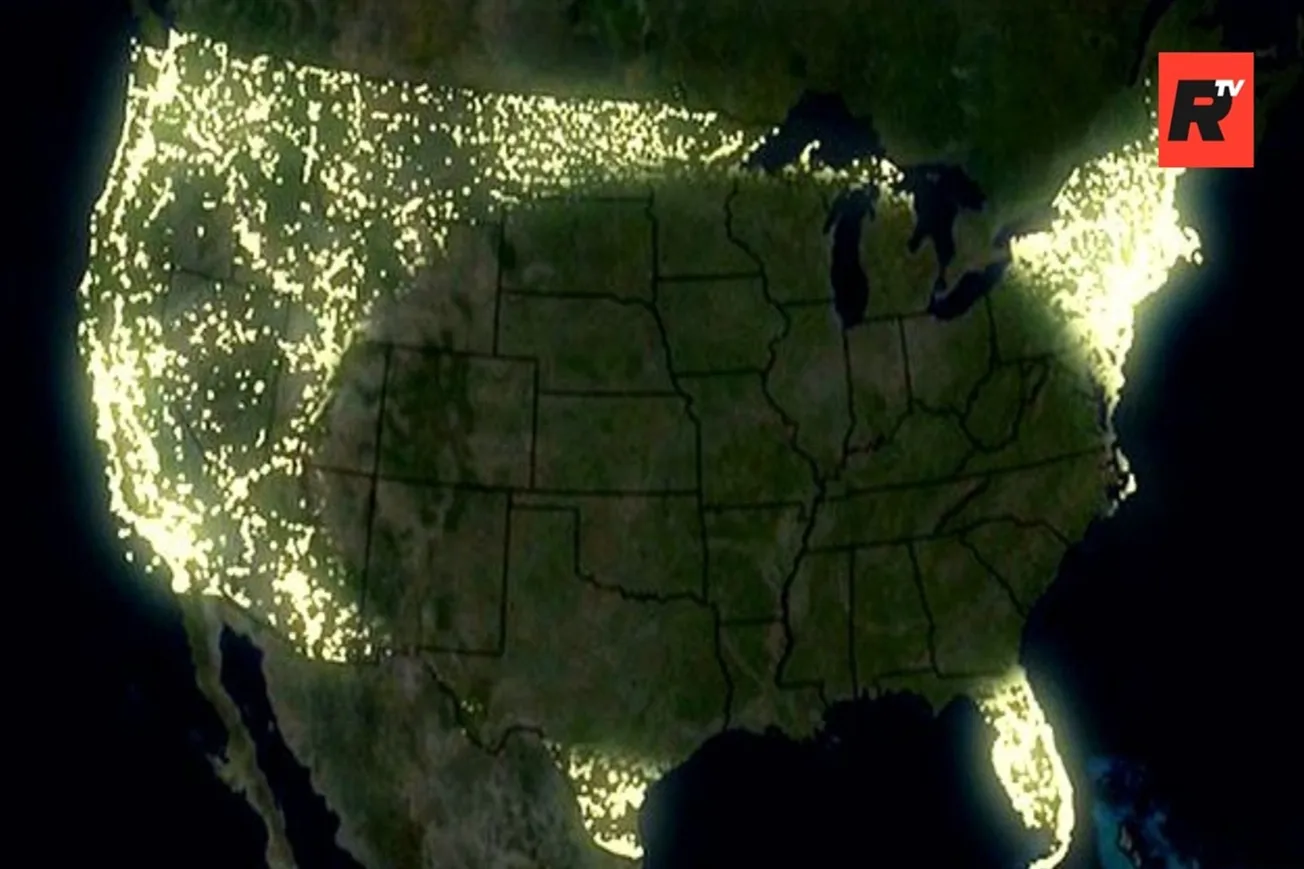Table of Contents
Had Trump not won the presidency, he’d be locked in a cell right now, facing 91 felony charges across four indictments—34 in New York for "falsifying business records," 40 in Florida for "mishandling classified documents," four in D.C. for "election interference," and eight in Georgia for "trying to overturn the 2020 election."
But now, with Trump back in the White House, the tables have turned and corrupt activist judges, who have been shielding criminals and defying the law are getting a taste of their own medicine, trembling in their robes, scrambling to build their own private army to shield themselves from the consequences of their anti-Trump rulings.
Federal judges are exploring the creation of their own armed security force, citing fears that the U.S. Marshals Service, under the control of President Donald Trump’s Justice Department, may not adequately protect them amid their rulings against his administration.
The proposal, discussed in closed-door meetings of the Judicial Conference in March, comes as threats against judges have reportedly surged, with investigations nearly tripling from 2019 to 2023, according to U.S. Marshals Service data.
The judiciary’s concerns are heightened by recent arrests of judges accused of obstructing Trump’s immigration crackdown, signaling an escalating clash between the executive and judicial branches.

The judiciary’s push for independent security also stems from Trump’s criticism of judges who have blocked his policies, including executive orders on birthright citizenship, mass deportation, and federal employee dismissals.
A Just Security tracker reports 249 legal challenges to Trump administration actions, fueling tensions.
Judges fear the Marshals Service, which reports to Attorney General Pam Bondi, a Trump appointee, could be weaponized to withhold protection as retaliation.

At a Judicial Conference meeting, approximately 50 judges, including Chief Justice John Roberts, discussed the plan to shift security control from the Justice Department to the judiciary.

Federal Judge John Coughenour, who faced a swatting attack after ruling against Trump’s birthright citizenship policy, endorsed the idea.

He claimed there is a growing distrust in the Marshals Service among judges, warning, "There’s never been any reason in the 43 years that I’ve been on the bench to worry that the Marshals Service would do whatever was appropriate—until recent years."
Senate Democrats, led by Sen. Cory Booker, introduced legislation Thursday to transfer control of the Marshals Service to the judiciary and warned of a potential constitutional crisis.
"Since 1789, the U.S. Marshals have valiantly protected our nation’s judges and enforced court orders. But their dual accountability to the executive branch and the judicial branch paves the way toward a constitutional crisis," the New Jersey Democrat said.
The judiciary has also requested a $892 million security budget for the next fiscal year, a 19% increase, to address escalating threats.
Reuters identified over 600 social media posts and messages on right-leaning platforms targeting judges’ families since February.
At least a dozen judges received anonymous pizza deliveries to their homes, a tactic one judge, who spoke anonymously to the Washington Post, described as intimidation: "They want to let you know that they know where you live, and they want to let you know they’re capable of violence and harm."
Ten judges reportedly received pizzas ordered under the name "Daniel Anderl," the late son of Judge Esther Salas, who was killed in 2020 by a disgruntled lawyer posing as a delivery driver.
The Trump administration denied any intent to weaken judicial protections.
A Justice Department official told The Wall Street Journal, “Any suggestion to the contrary is not only absurd but wrong.”
A Marshals Service spokesperson emphasized their commitment, stating, "Security of our federal judiciary is a cornerstone of our nation’s democracy, and the marshals take that responsibility very seriously. Federal judges make hard decisions based on the rule of law in large part because the marshals ensure they can make these decisions without fear, intimidation, or retaliation."
The Trump administration’s aggressive immigration enforcement has led to the arrests of two judges accused of obstructing federal agents, intensifying the judiciary’s fears.
On April 25, 2025, FBI agents arrested Milwaukee County Circuit Judge Hannah Dugan, charging her with obstruction of a government proceeding and concealing an individual to prevent arrest.
The Justice Department alleged Dugan helped Eduardo Flores-Ruiz, a Mexican immigrant previously deported in 2013, evade immigration agents by allowing him to exit her courtroom through a jury door on April 18, 2025.
Flores-Ruiz, facing a misdemeanor battery charge that was later dismissed, was apprehended outside the courthouse.
Attorney General Pam Bondi, on Fox News, condemned Dugan’s actions, stating, "If you are destroying evidence and you are obstructing justice, when you have victims sitting in a courtroom of domestic violence and you are escorting a criminal defendant out the back door, it will not be tolerated."
The second judge, former magistrate Judge Joel Cano, was also arrested and charged with harboring three alleged gang members on his property.
Trump’s border czar, Tom Homan, defended the arrests, stating on X, "Nobody should be surprised by the arrest of two judges. If you actively impede our enforcement efforts or if you knowingly harbor or conceal illegal aliens from ICE you will be prosecuted."
What we’re witnessing is nothing short of a judicial coup aimed straight at the heart of President Donald J. Trump and his supporters, a blatant power play by a radical judiciary drunk on its own authority, desperate to insulate itself from the will of the American people who re-elected Donald Trump.
These judges, hiding behind their gavels, are trying to build a private militia to protect their activist rulings while painting Trump as the villain.
They’re not just undermining the president; they’re undermining the Constitution itself.






